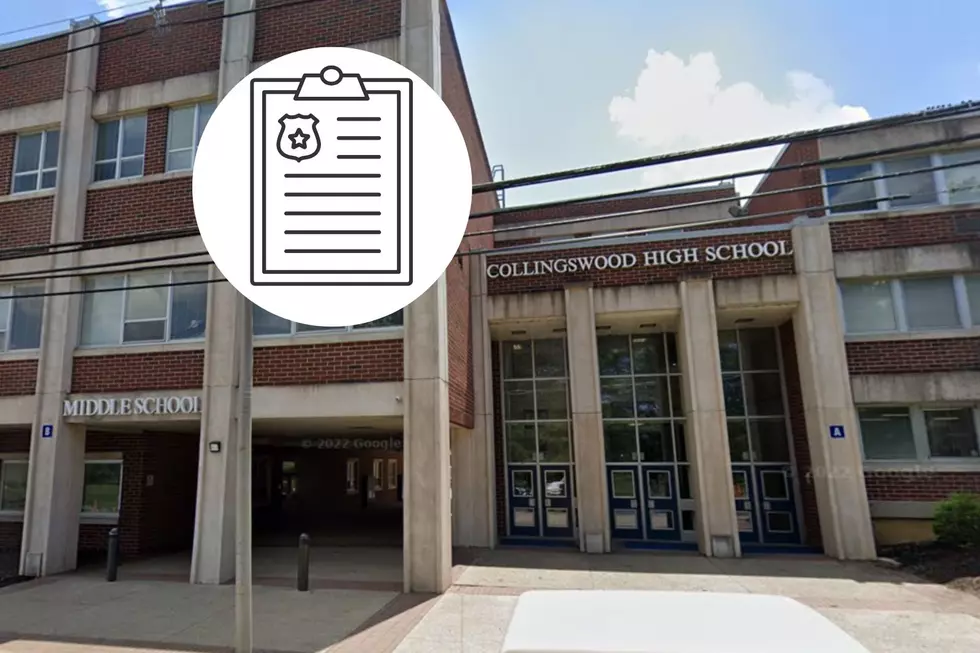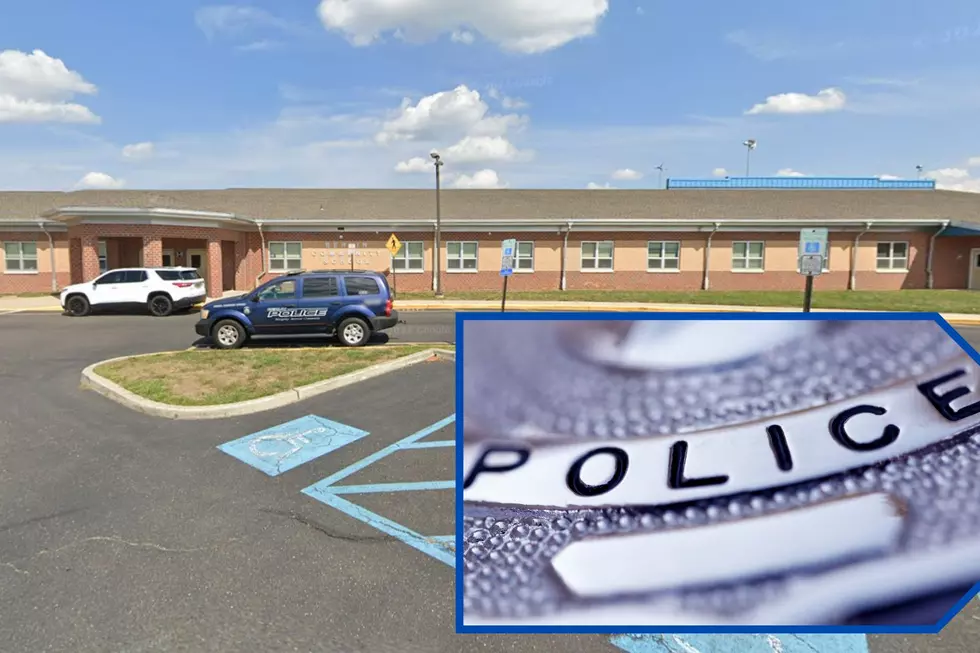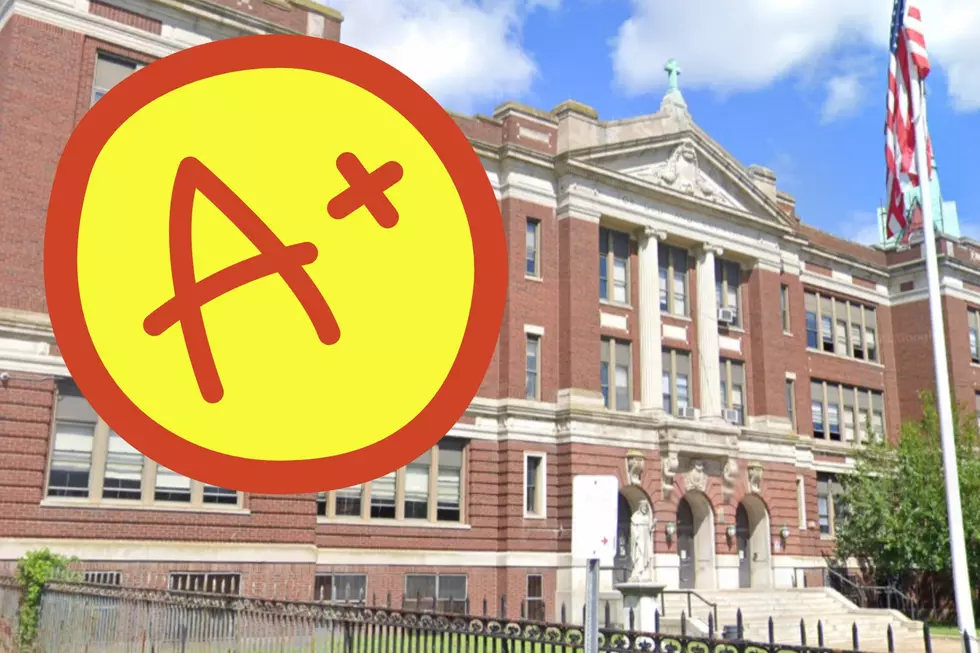
Christie proposes to loosen, but not drop, salary cap for school superintendents
Gov. Chris Christie’s administration proposed changes to the salary cap on New Jersey school superintendents Wednesday, allowing the top school officials to earn more money if they stay in their school districts.
Christie imposed a salary cap on school chiefs in his first year in office, and it was due to expire next week. Local school boards complained about the cap, saying it usurped local control and caused an exodus by administrators who faced pay cuts and left for jobs in other states.
The head of the school superintendents’ association said he was pleased by the revised proposal made Wednesday by the state Department of Education.
“I think it’s on the path to righting the wrong that was done five years ago,” said Richard Bozza, executive director of the New Jersey Association of School Administrators.
Salary caps that currently range from $125,000 to $175,000 would instead range from $147,794 to $191,584. Extra pay would be increased for superintendents who head more than one district, head a district with a high school or take on a second administrative role.
One key change: Superintendents who are reappointed for an additional contract in the same district could get raises equal to 2 percent higher than the salary cap in the first year, followed by 2 percent raises each year after that.
"Based on feedback from school communities, we are offering greater flexibility for school districts to attract and keep quality superintendents, while still promoting fiscal efficiency," said acting Education Commissioner Kimberley Harrington.
Bozza said the prospect of a 2 percent annual raise for people who were at the top end of the current caps “really goes a long way to maintaining those people in the district and also to stopping the flight out of district or to early retirement.”
“I think it’s never enough, but I think that can only be determined as we go forward,” Bozza said. “Right now, we’re very pleased to see that inflation has been accounted for, that there’s an opportunity to promote longevity in districts, that there is at least the opportunity to get an increase in salary.”
In a 2014 survey by the New Jersey School Boards Association to which 72 percent of school districts responded, about one-fourth of them said the salary cap was the reason their superintendent had left the district during the previous three years.
Many districts had turned to interim superintendents because they had trouble finding permanent replacements, and 63 percent of the permanent ones who’d been hired had no past experience as a superintendent, according to the NJSBA survey.
“While we appreciate movement on this issue, we are disappointed that the salary cap concept would remain in effect,” said Lawrence Feinsod, the New Jersey School Boards Association executive director. “NJSBA maintains that the superintendent salary cap is an unnecessary cap within a cap. The compensation package for the district’s chief education officer should be the purview of the local school board, which is responsible for the local governance of public education.”
Schools have to follow a 2 percent cap on growth in their tax levies and an approximately 2.5 percent limit on administrative spending growth.
For that reason and because the state reviews all superintendent contracts before they take effect, Bozza said taxpayers don’t have to worry about a cost explosion come the 2017-18 school year.
“Because there’s a higher ceiling that’s allowed doesn’t mean it will naturally occur,” Bozza said. “This has to then be a conversation between the school superintendent and the school board as to what’s appropriate in their contract.”
New Jersey: Decoded cuts through the cruft and gets to what matters in New Jersey news and politics. Follow on Facebook and Twitter.
Michael Symons is State House bureau chief for New Jersey 101.5 and the editor of New Jersey: Decoded. Follow @NJDecoded on Twitter and Facebook. Contact him at michael.symons@townsquaremedia.com
More From New Jersey 101.5 FM









